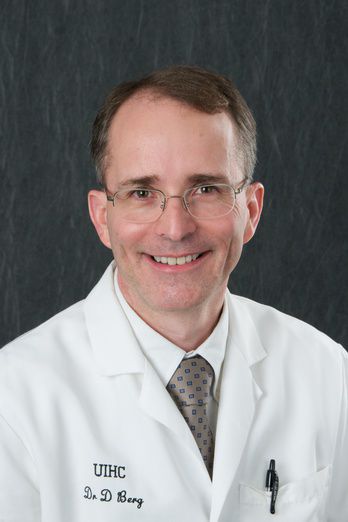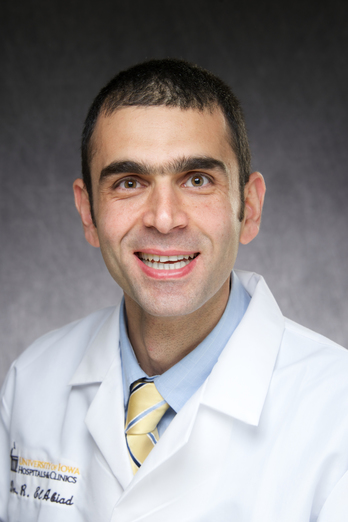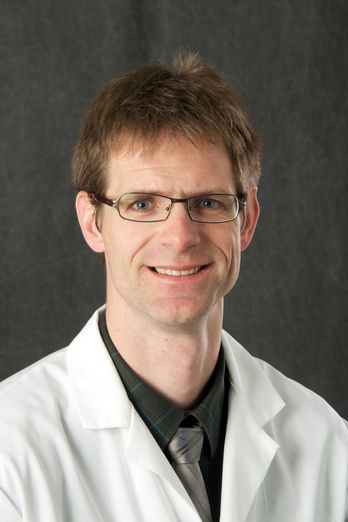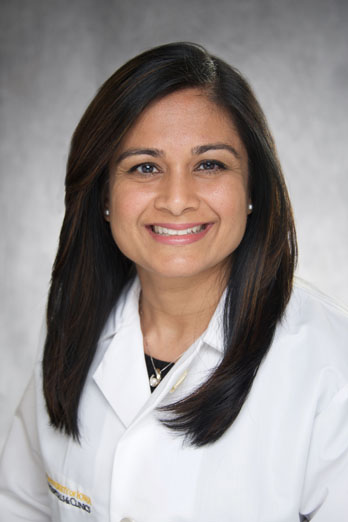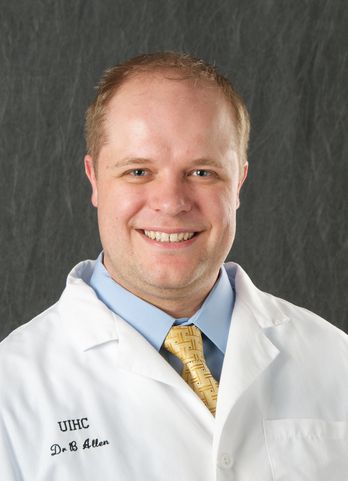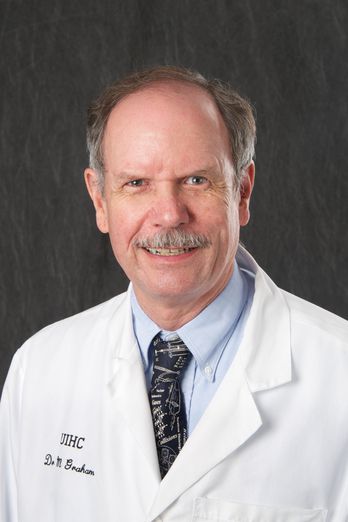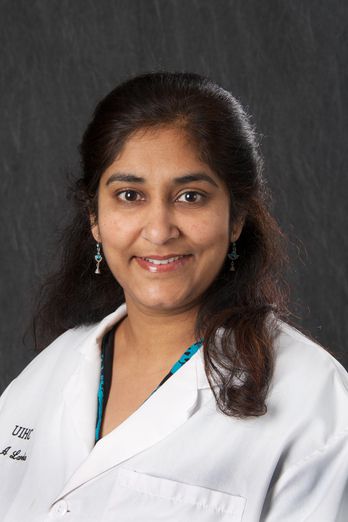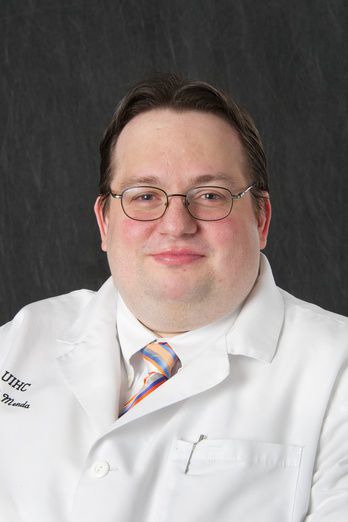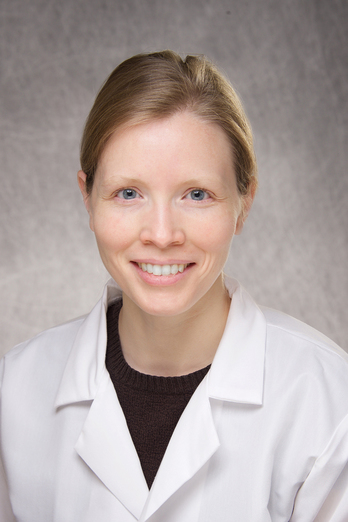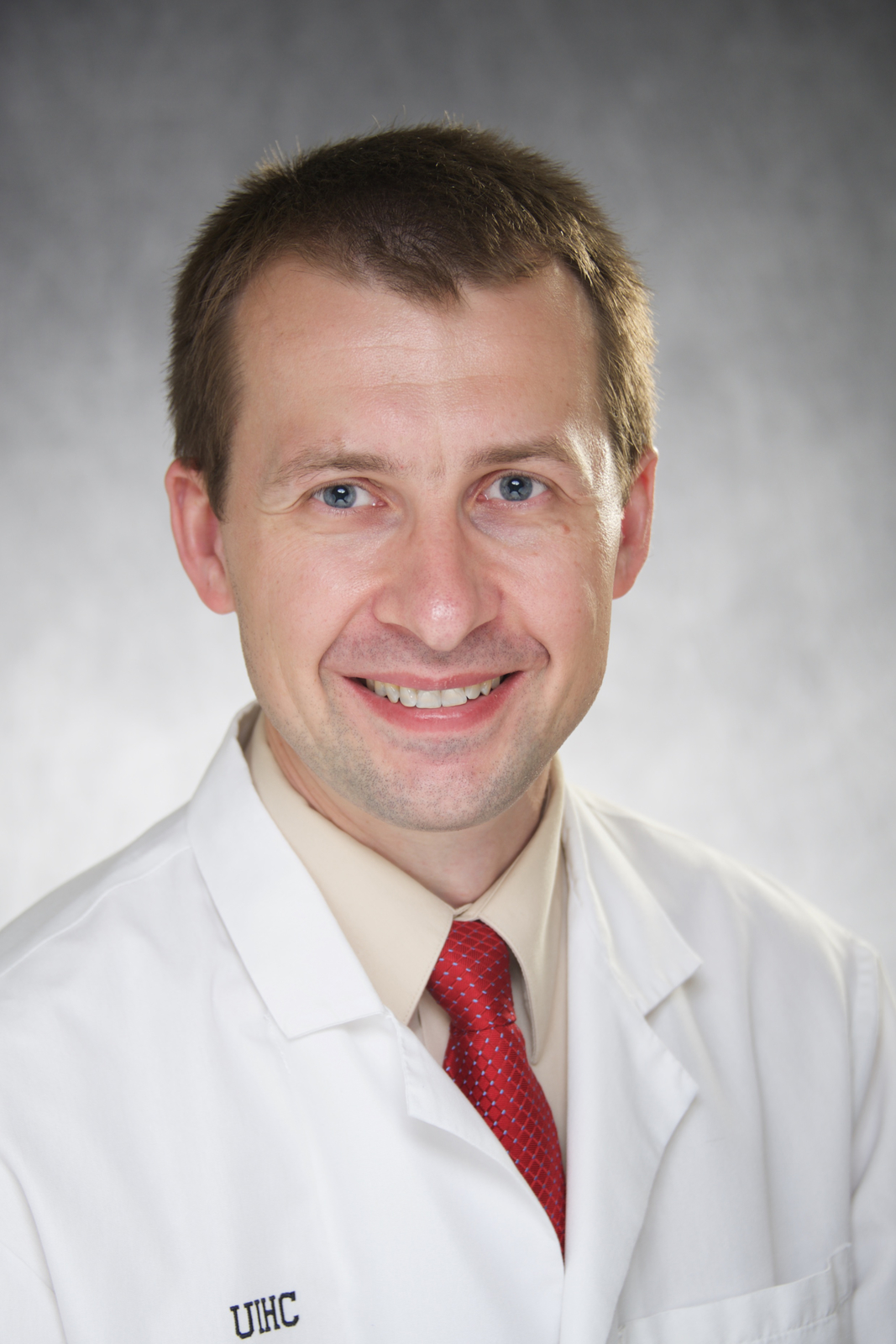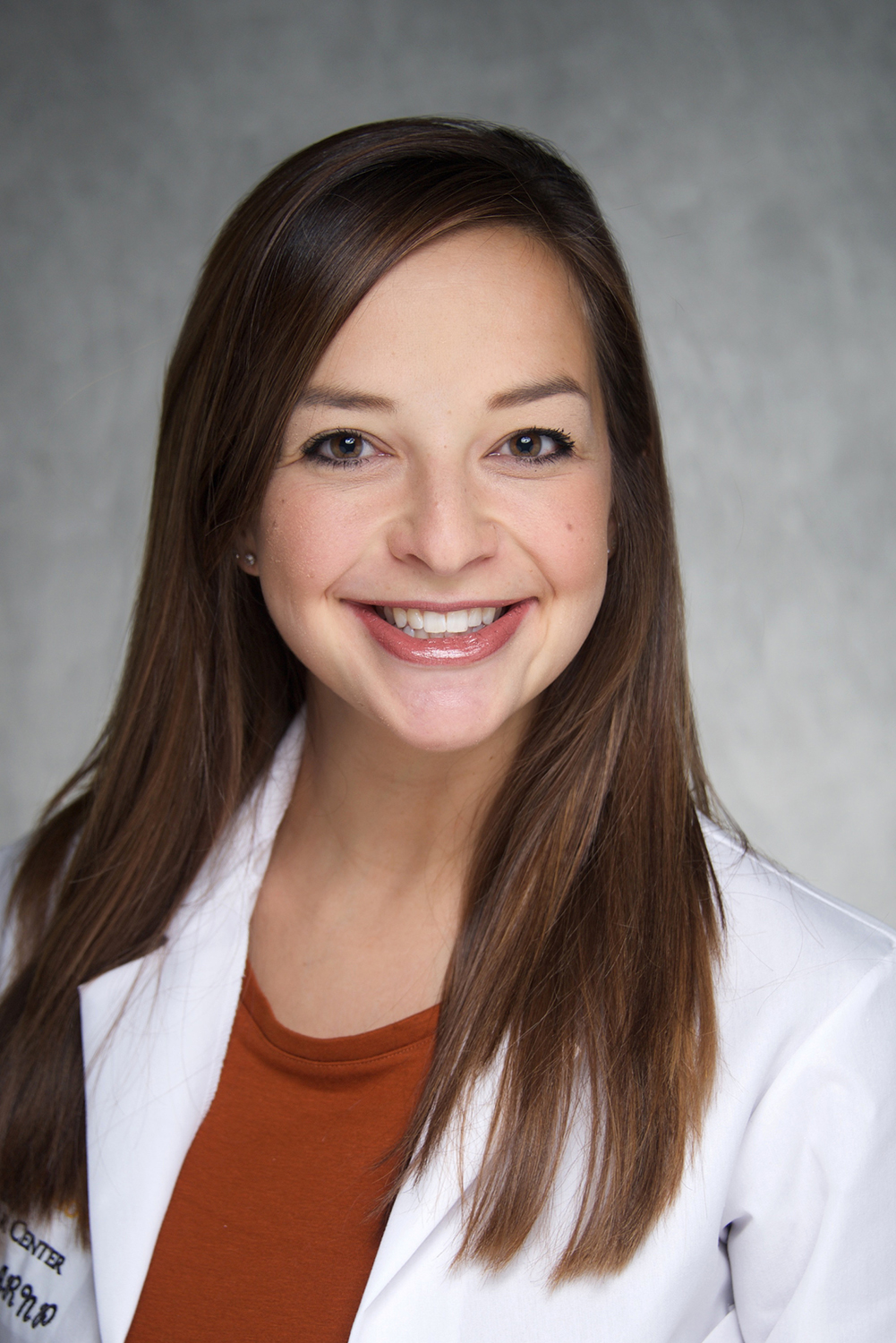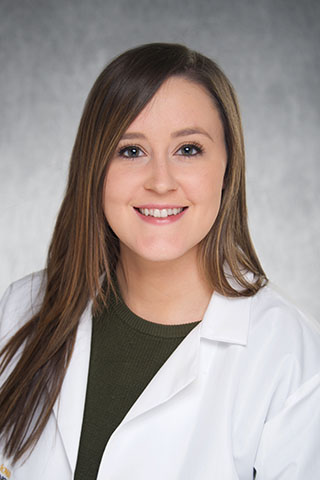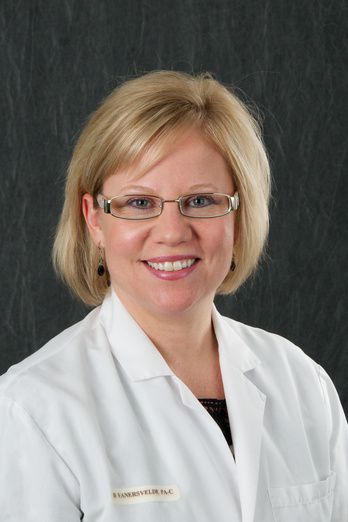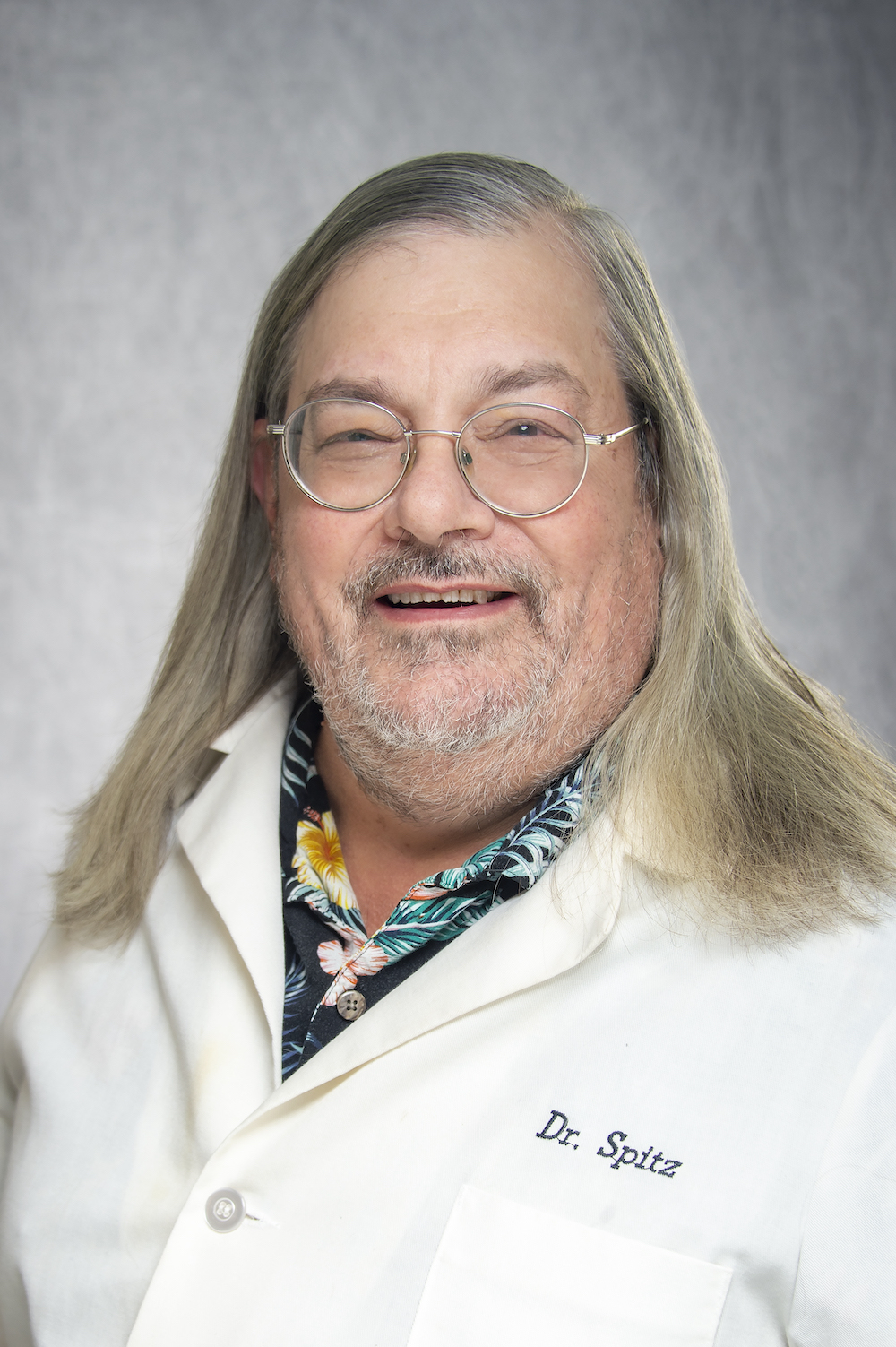Painful swallowing may be a sign of esophageal cancer.
Esophageal cancer happens in the esophagus, the tube that moves food from your throat to your stomach. Many of the symptoms of esophageal cancer are related to eating or digestion, like painful swallowing. Other possible symptoms are:
- Unexpected weight loss
- Heartburn or indigestion
- Vomiting
- Pain down the center of the chest
- Coughing or a hoarse voice
Of course, those symptoms are more likely to be caused by other conditions that aren’t cancer. But if you’re a person who is at risk for getting esophageal cancer, you should tell your doctor that you’re having any of those symptoms.
Here’s how to rule out the risks of esophageal cancer.
- Men are more likely to get esophageal cancer than women.
-
In the United States, about 13,000 men and 3,500 women are diagnosed with esophageal cancer every year.
Your risk of getting esophageal cancer goes up as you get older. Most people diagnosed with esophageal cancer are 55 or older.
The risk is also higher for people who drink a lot of alcohol and for people who smoke.
People who have gastroesophageal reflux disease, also called GERD or acid reflux, have a slightly higher risk of getting esophageal cancer, especially if they’ve had GERD for a long time. People who have had GERD for a long time can get a condition known as Barrett’s esophagus, and that condition is known to lead to esophageal cancer.
- Adenocarcinoma is the most common type of esophageal cancer.
-
The most common types of esophageal cancer are adenocarcinoma and squamous cell carcinoma.
Adenocarcinoma is the most common type of esophageal cancer. It usually affects the lower part of the esophagus, where it meets the stomach. People with GERD who get esophageal cancer usually have this type.
Squamous cell carcinoma, also sometimes called epidermoid carcinoma, is most often found in the upper parts of the esophagus that are closer to the throat. This is the type of esophageal cancer that affects people who smoke or drink heavily.
- Testing includes a thorough exam.
-
To test for esophageal cancer, your doctor will probably examine the inside of your esophagus.
This can be done with an instrument called an endoscope, which goes through your mouth or nose and down your throat. It allows your doctor to collect cells from your esophagus or, in some cases, look at your esophagus through a tiny camera.
- The diagnosis will indicate how much the cancer has spread.
-
If your tests say you have esophageal cancer, your cancer will be staged so your doctor can choose the best way to treat it.
The stage of a cancer tells your doctor the size of the tumor and how far it has spread. Esophageal cancers are staged from 0 to 4 (sometimes using Roman numerals—I, II, III, and IV). Stage 0 cancer is small and has not grown very much. Stage 4 cancer is larger and has spread from the esophagus to other parts of the body.
If the tumor has not spread to other organs, it often can be surgically removed.
Most stage 0, 1, and 2 cancers can be removed by a surgeon, and some stage 3 cancers also may be removed by surgery. Stage 4 esophageal cancer has spread too far to be removed with surgery and will require some other kind of treatment.
- Treatment is based on the cancer’s spread.
-
Your treatment for esophageal cancer will depend on the stage and type of cancer.
Esophageal cancer can be treated several different ways, and sometimes more than one therapy is used. A treatment plan could include:
- Surgery to remove the tumor or parts of the esophagus
- Chemotherapy drugs that are injected or swallowed
- Laser therapy that uses high-intensity light to kill cancer cells
- Radiation therapy that uses a beam of radiation to kill cancer cells
- Electrocoagulation, an electric current that kills cancer cells
Some cancer patients choose to participate in clinical trials. A clinical trial is a test of a promising new therapy not yet available on the market, such as a drug that kills cancer in a new way or prevents cancer from returning.
The experts at Holden have outstanding success rates because they treat so many esophageal cancer patients.
Our esophageal cancer doctors and surgeons have cared for a large number of patients, which means they’ve gotten the practice needed to make the best decisions and avoid complications for every patient.
Esophageal cancer patients at Holden also benefit from:
- Molecular profiling of tumors: We study the genetics of your cancer to find the treatment that will work best for you.
- Shorter recovery times: We have one of the nation’s shortest lengths of stay for patients who have had esophageal cancer surgery, because our surgeons have training in the most advanced minimally invasive techniques.
- New infusion suite: We asked patients to help us design our infusion suite to make it a welcoming environment for chemotherapy treatments.
- Clinical trials: As a university medical center, we have doctors and researchers who participate in trials of some of the most advanced new therapies available for our patients.
- Personalized cancer-care teams: Each esophageal cancer patient is cared for by a team of experts that includes radiologists, medical oncologists, radiation oncologists, social workers, pathologists, pharmacists, nurses, laboratory-based scientists, and the only general thoracic surgeons in Iowa.

“The welcome and care I’ve received from the staff at Holden Comprehensive Cancer Center makes me feel like a human instead of just a number.”
Introducing your team of experts.
Internal Medicine Physicians
Radiation Oncology Physicians
Radiology Physicians
Surgeons
Nurse Practitioner
Nurse Coordinator
Physician Assistants
Researcher
Cancer Care Clinics
Clinical Cancer Center
21602 Pomerantz Family Pavilion (PFP)Elevator M, Level 1
Phone: 1-319-356-4200

